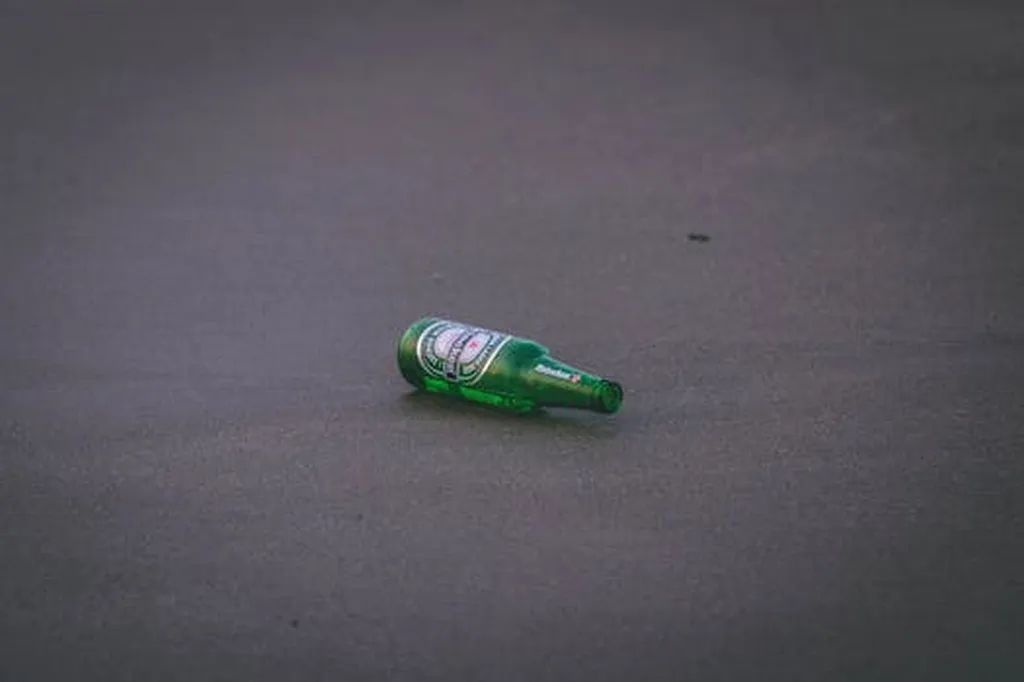In the quest for sustainable road construction, researchers have uncovered a promising alternative that could reshape the industry’s approach to material use. A recent study published in *Construction Materials* (translated from Portuguese) explores the potential of combining reclaimed asphalt pavement (RAP) with mining waste to create durable, eco-friendly asphalt mixtures. This research, led by Hernan Patricio Moyano-Ayala from the Centre of Materials and Civil Engineering for Sustainability at the University of Beira Interior in Portugal, offers a compelling case for circular economy practices in road construction.
The study focuses on the incorporation of RAP and greywacke aggregates, a byproduct of the Panasqueira mine, as full replacements for virgin aggregates in hot mix asphalt (HMA). Three mixtures were tested: a reference mixture with traditional granite aggregates, and two modified mixtures with 15% and 20% RAP. The results were impressive. “Mixtures containing RAP and mine waste met Portuguese specifications for surface courses,” Moyano-Ayala explains. “The M20 mixture, in particular, showed the highest stiffness modulus, improved moisture resistance, and the best performance against permanent deformation.”
These findings are not just a win for sustainability but also for cost efficiency. By utilizing RAP and mining waste, construction companies can reduce their reliance on virgin materials, cutting costs and environmental impact. “The combined use of RAP and mining waste provides a technically viable and sustainable alternative for asphalt pavement construction,” Moyano-Ayala states. This approach aligns with the UN Sustainable Development Goal 9, which promotes sustainable infrastructure and innovation.
The implications for the energy sector are significant. As the demand for sustainable practices grows, companies that adopt these innovative materials can gain a competitive edge. “This research confirms that the combined use of RAP and mining waste provides a technically viable and sustainable alternative for asphalt pavement construction, contributing to resource efficiency and circular economy goals,” Moyano-Ayala adds.
The study’s findings could pave the way for future developments in the field. As more companies recognize the benefits of using RAP and mining waste, the industry could see a shift towards more sustainable and cost-effective construction practices. This research not only highlights the potential of these materials but also sets a precedent for future innovations in road construction.
In the ever-evolving landscape of construction materials, this study serves as a beacon of progress. By embracing sustainable practices and innovative materials, the industry can move towards a more efficient and eco-friendly future. The research published in *Construction Materials* offers a glimpse into what’s possible, inspiring further exploration and development in the field.

